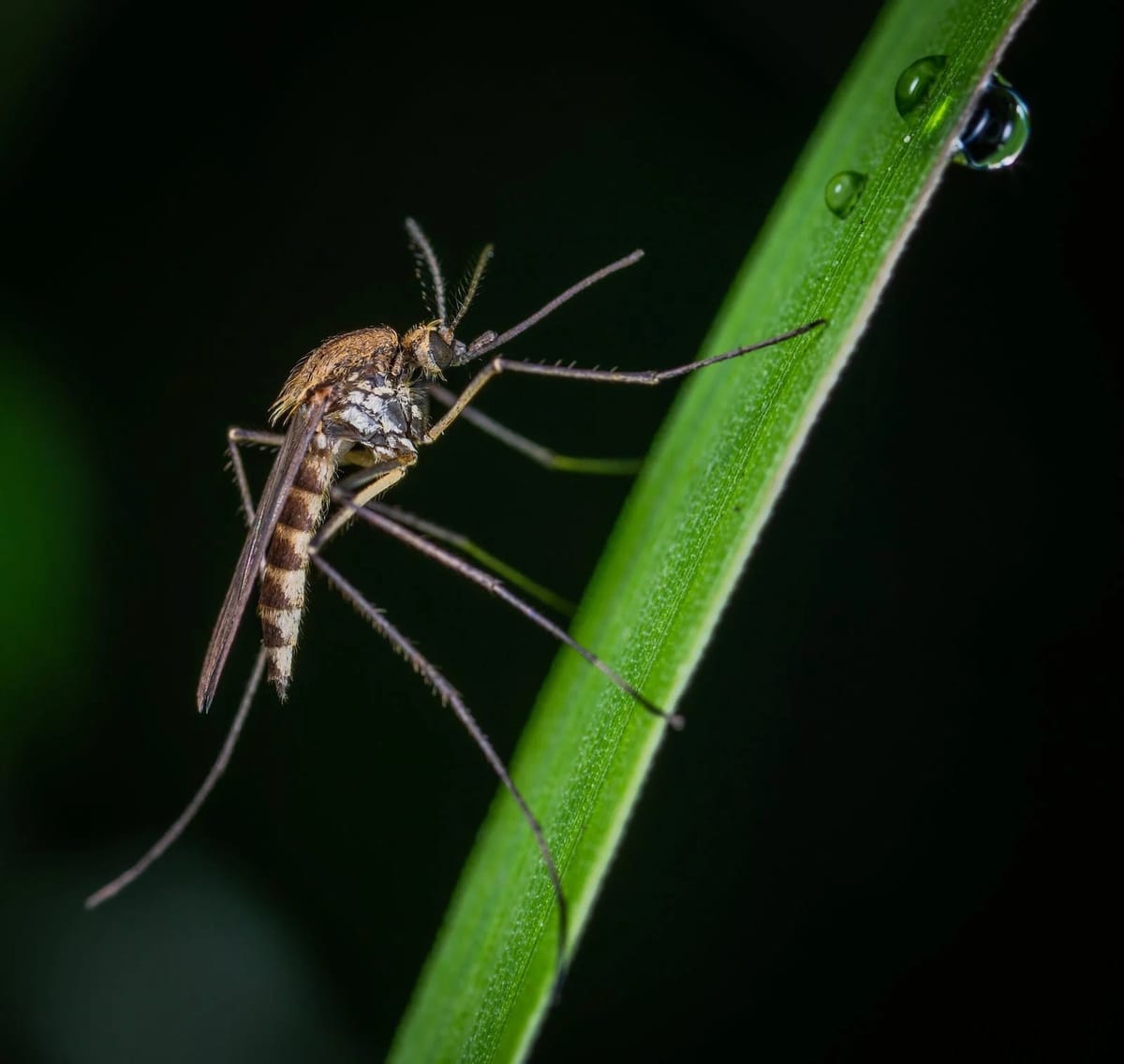Ghana becomes first country to approve game changing malaria vaccine (By Denis, 13)

By Denis, 13, Jill Dando News @ Worle Community School Academy
There is hope for millions of people as Ghana becomes first country in the world to approve a “game-changer” malaria vaccine from Oxford University
There is hope for millions as Ghana has become the first country in the world to approve a malaria vaccine from Oxford University
After years of rigorous testing, Ghana and Nigeria have finally authorised the use of Oxford’s R21 malaria vaccine.
The vaccine has been shown in early studies to be highly effective against the disease.
The approval is specifically for infants aged between five months and three years old who are most vulnerable to this devastating disease in West Africa.
The vaccine boasts an 80% efficacy rating and stimulates the production of antibodies that attack the circumsporozoite protein coating found on up to twenty malaria parasites.

This revolutionary vaccine is expected to address a significant issue in West Africa, where malaria remains a prevalent health concern.
With their approval, a quarter of Africa's Gross Domestic Product and over 160 million in total population, these countries have taken an important step towards eliminating the disease from our world.
Ghana has approved the vaccine based on final trial data on the vaccine's safety and effectiveness which hasn't yet been made public.
The World Health Organization is also considering approving the vaccine.
The vaccine has been described as a "world-changer" by the scientists who developed it.
Malaria is spread through the bites of female Anopheles mosquitoes
Malaria is a disease caused by a parasite spread by a particular kind of mosquito - the Anopheles.
According to the World Health Organisation (WHO), 95% of all cases of malaria were found in Africa, though cases are also often found in South-East Asia, the Eastern Mediterranean and in the Americas.
Malaria kills about 620,000 people each year, and it is particularly dangerous for children aged five and under.
For more stories from Jill Dando News click: http://www.goodnewspost.co.uk





